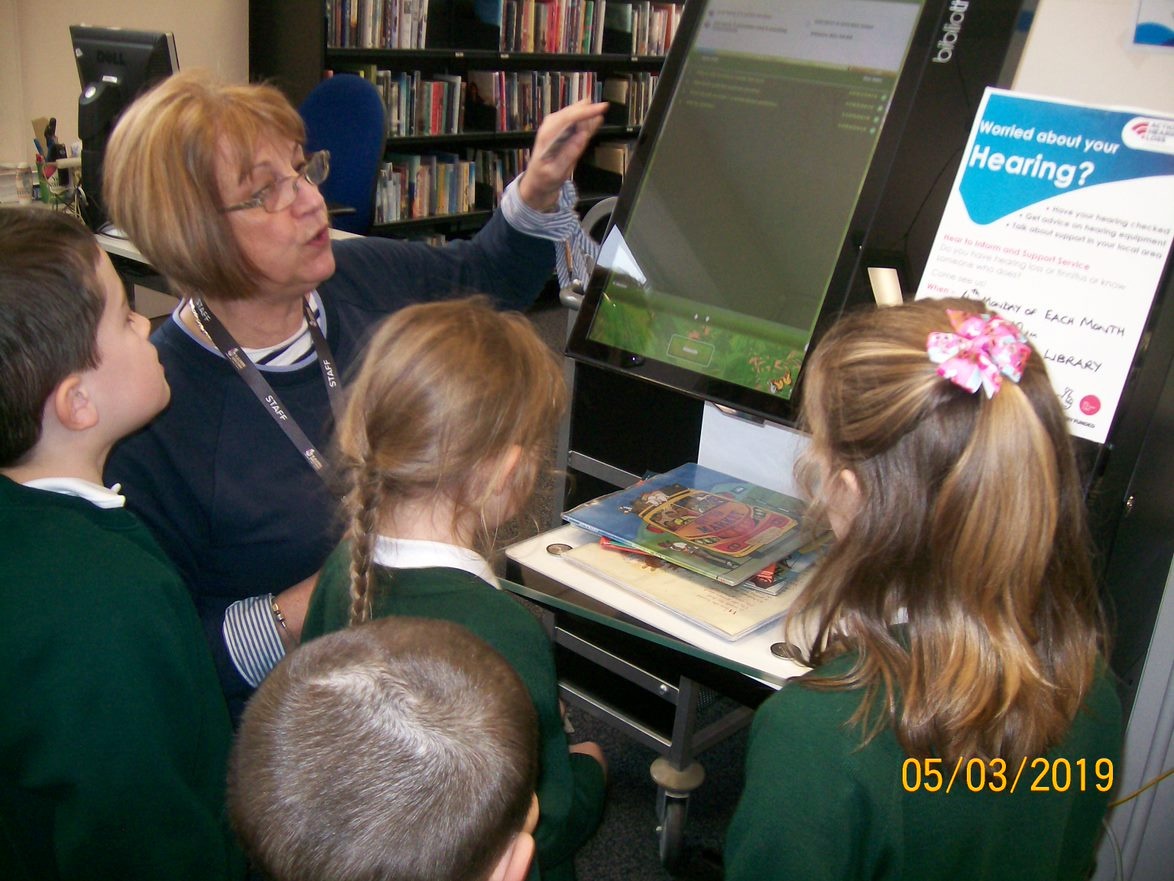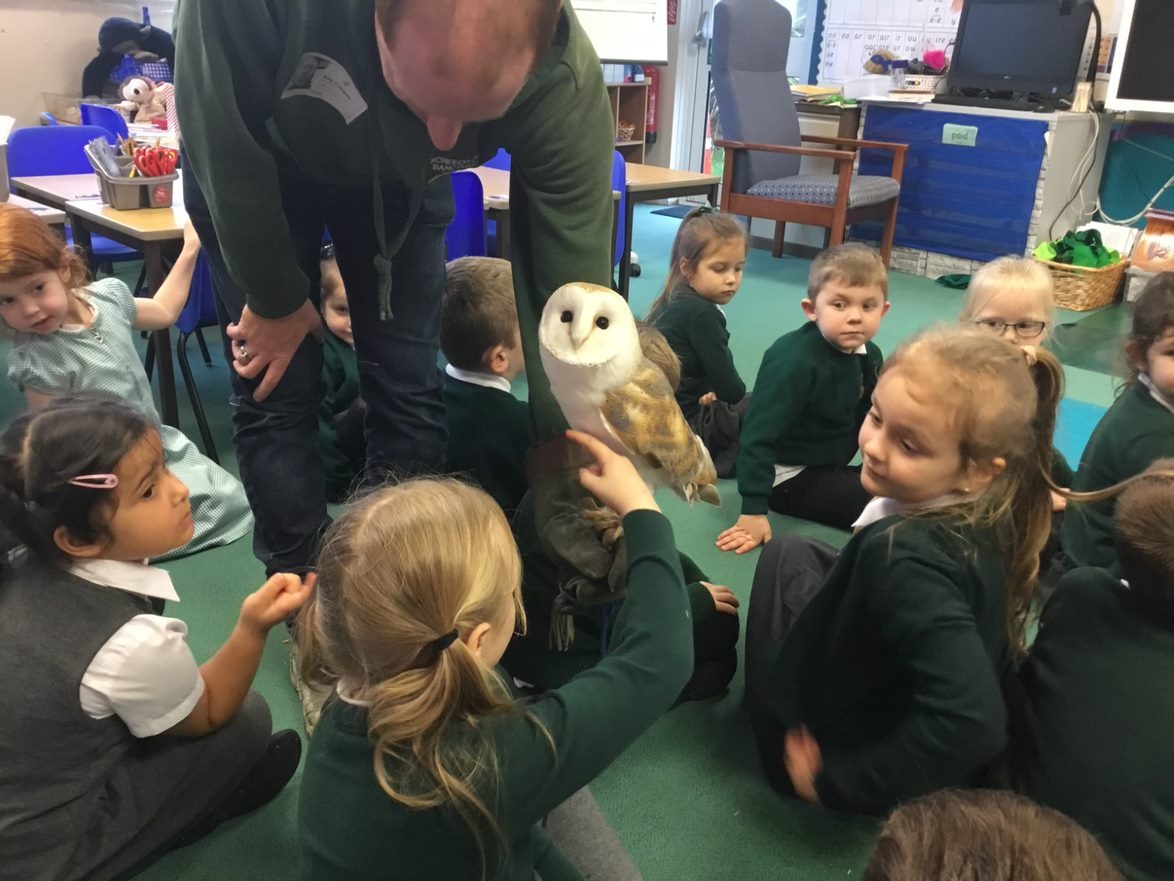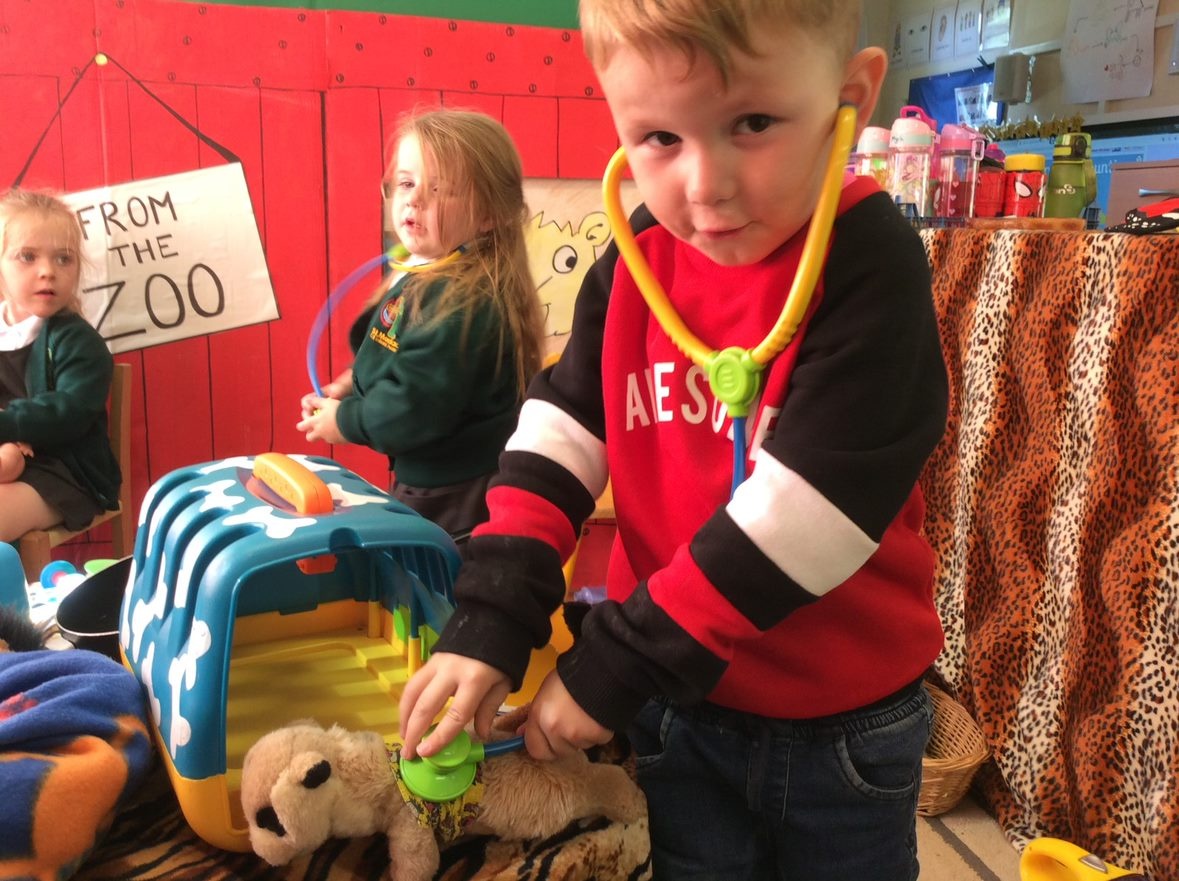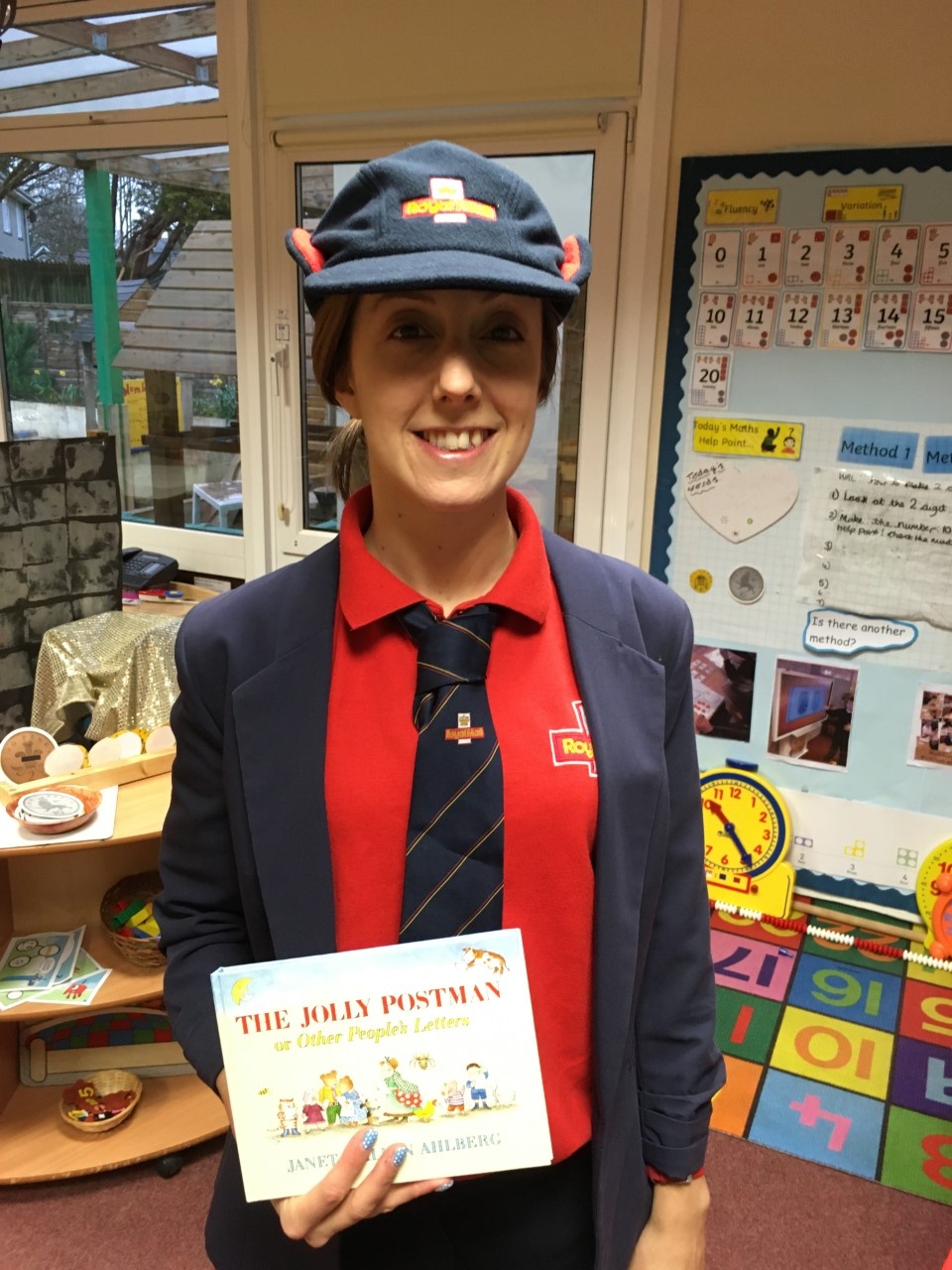Reading
We have seven aims in supporting our children to become confident and able readers:
- We ensure the reading is a strategic priority for our school.
- We foster a ‘love of reading’ at school and home.
- Teach phonics using a high quality support scheme.
- Phonics are taught from day 1 in reception and earlier in nursery if the children are ready.
- Our reading books are matched to the decoding skills of our children.
- The children who fall behind in reading are supported to catch up quickly.
- All staff are experts in early reading.
As an infant school our main focus is to ensure that every child becomes a reader through supporting the teaching of early language and phonics and to foster a love of reading. Reading is a key tool for life and opens the gateway for exploring other areas of the curriculum.
We deliver the full Read, Write, Inc (RWI) programme, RWI Phonics, RWI Reading and RWI Get Writing from Nursery age with rigour. This programme ensures children are taught comprehension strategies and all Spelling, Punctuation and Grammar for KS1. Our dedicated RWI Lead, ongoing training for staff, weekly monitoring and our close relationship with our RWI Consultant, ensures it is delivered consistently and effectively. Children are assessed every 6-8 weeks and any phonic gaps are identified swiftly. Unsure phonemes are listed on the RWI Tutor Assessment handover sheet, so each RWI tutor knows what to target for each individual pupil in their group or if deemed appropriate children receive daily RWI 1:1 tutoring with a specially trained member of staff to close the gap. We work on the premise of ‘keep up, not catch up’.
Nursery
When appropriate, children will be introduced to the initial sounds in short five minutes sessions. Some children will leave our nursery setting being able to orally blend words, with some children blending to read CVC words.
Reception
In Reception all children will learn how to ‘read’ the sounds in words and how those sounds can be written down.
Reading
The children:
- Learn Set 1 and when truly embedded and secure, learn Set 2 sounds. These are taught using simple picture prompts and phrases;
- Learn to read words using Fred talk and sound blending;
- Read from a range of storybooks and non-fiction books matched to their phonic knowledge;
- Learn to work well with partners;
- Develop comprehension skills in stories by answering 'Find It' and 'Prove It' discussion questions.
Writing
The children:
- Learn to write and form the letters/letter groups which represent the 44 sounds with the help of fun phrases;
- Learn to write words by using Fred Talk;
- Learn to build sentences by practising sentences out loud before they write;
- Learn ‘perfect pencil grip’ supported by fine motor skill activities.
- Learn to write in a printed cursive script.
Talking
The children work in pairs so that they:
- Answer every question;
- Practise every activity with their partner;
- Take turns in talking and reading to each other;
- Develop ambitious vocabulary.
Children end the Foundation Stage with a love of reading, being able to decode familiar and unfamiliar words in sentences and short books and read some on sight non-decodable words using the taught strategies.
Year One & Year Two
Children follow the same format as Reception but will work on embedding Set 1 and 2 sounds before learning Set 3 sounds, which are more complex sounds. Children will be able to read books appropriate to their reading level. Children develop their comprehension skills, fluency and expression in KS1. Most children pass the Phonics Screening Check at the end of Year 1, with nearly all children passing the Phonics Screening Check by the end of Year 2. Once children become fluent speedy readers with good comprehension skills they will move onto literacy teaching in Year Two. Children end KS1 with a good level of reading that is in line or above national average.
We see that it is the job of the school to teach children to read and to foster a love of reading and the ‘job’ of the parents to support this love of reading by sharing books at home and celebrating children’s reading achievements. This is why we send home the same RWI book children have been reading in school each week, so they can ‘show off’ to their parents and can be praised on what a great reader they are, and they also take home the linked RWI Book Bag book, which is matched to their phonic ability. We want children to celebrate their reading achievements at home. Every day staff listen to children read in school.
Once children complete the RWI programme, usually part way through Year 2, they focus on reading comprehension activities, developing their fluency and expression as well as extending and broadening their vocabulary. In the early stages of learning to read, readers may be accurate but slow and inefficient at recognising words. With our approach and continued practice, word recognition becomes more automatic, rapid and effortless. Our intention is to develop reading automaticity and fluency by the end of Year 2.

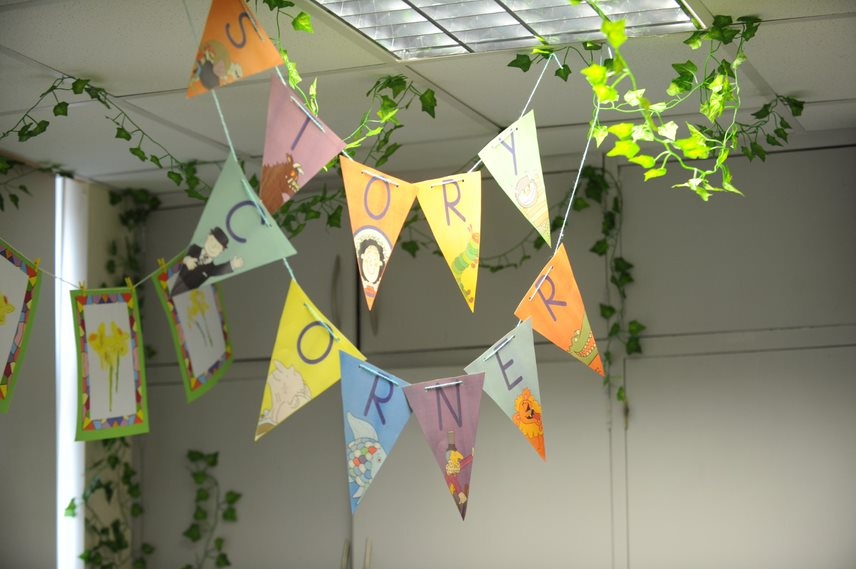


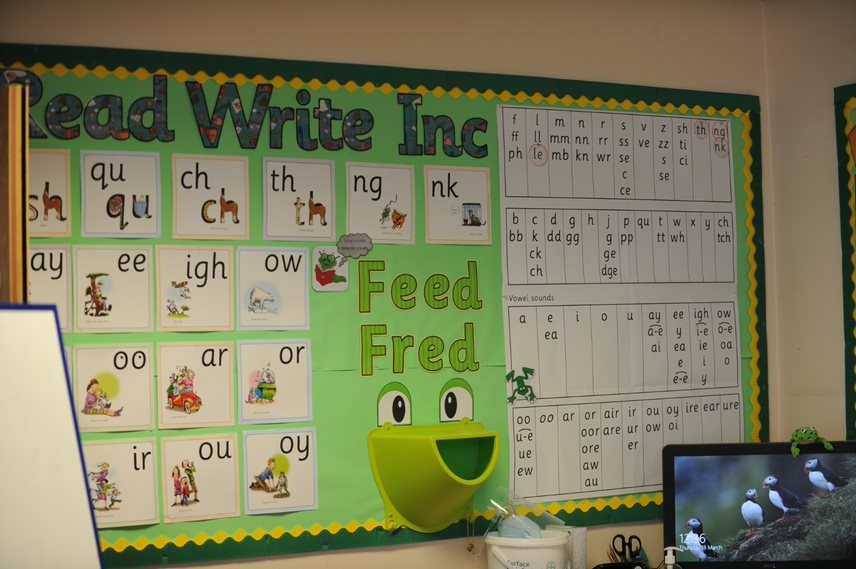
.jpg)
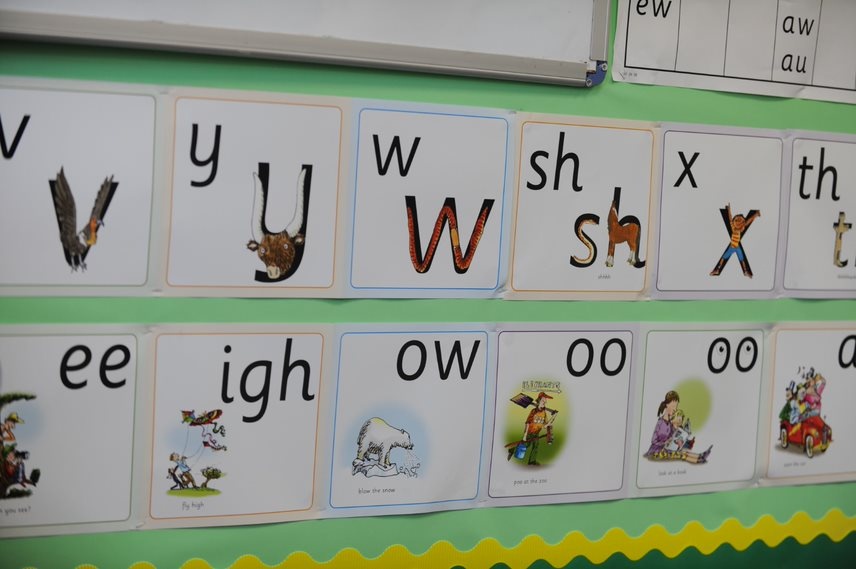
.jpg)

.jpg)
.jpg)

